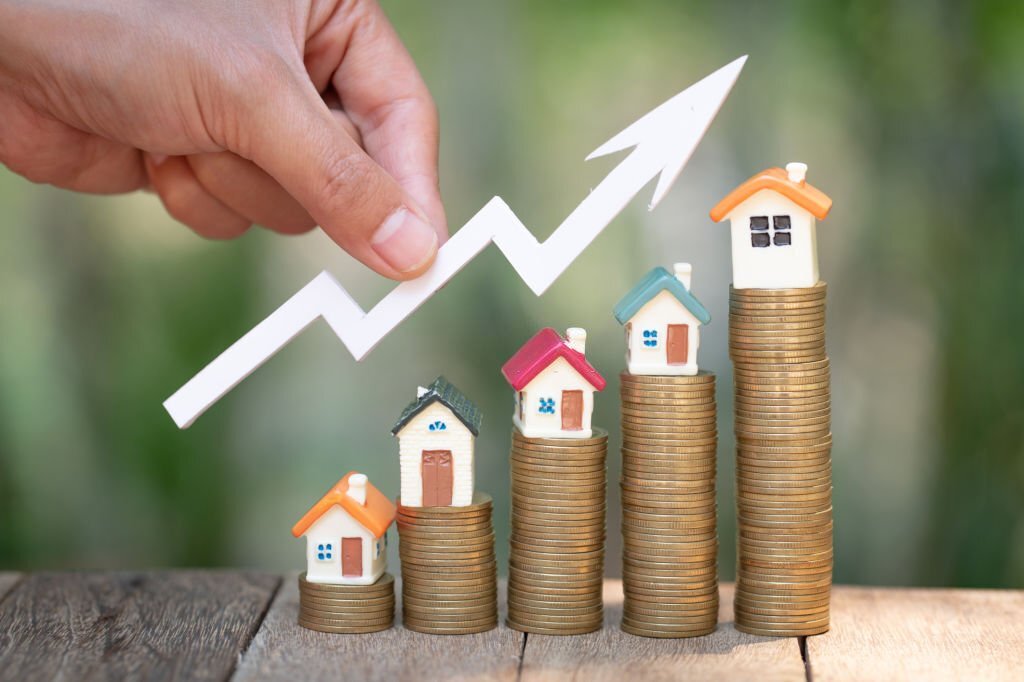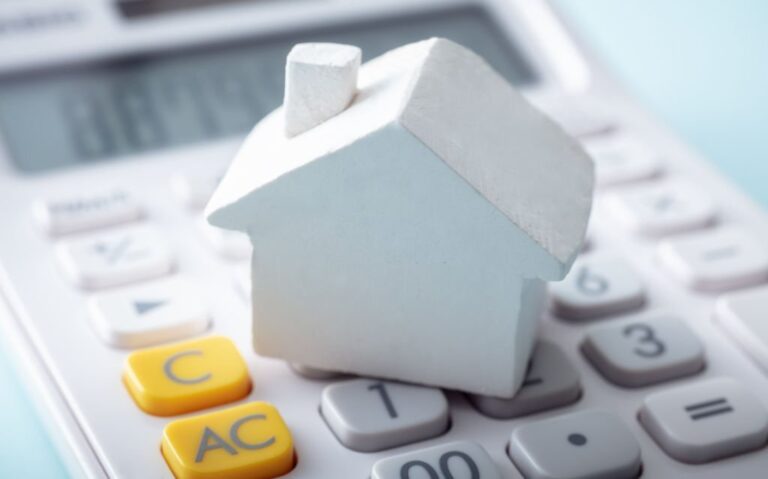Importance of Knowing Your Property’s Value
Whether you’re planning to sell your property, considering refinancing your mortgage, or simply want to understand your net worth, it’s essential to comprehend your property’s value. This figure is not static but fluctuates based on many factors, such as market conditions, property improvements, and neighborhood development.
Purpose of Property Valuation
Selling your Property: Knowing your property’s value can help you set a realistic price. It ensures you don’t undervalue your home, lose out on potential profit or overprice it, and deter potential buyers.
Refinancing your Mortgage: If you’re considering refinancing your mortgage, your home’s value will determine how much equity you have, which plays a significant role in the refinancing process.
General Interest: Understanding your home’s value gives a clearer picture of your financial health. It can aid future planning, including property investments and retirement.
The Importance of Accurate Home Valuation
The foundation of any real estate transaction lies in an accurate home valuation. It aids in identifying a property’s worth, thus informing decisions related to its buying, selling, and lending aspects. A miscalculated valuation can potentially disrupt the entire transaction process and result in financial loss for the parties involved.
Impact on Seller’s Asking Price
As a homeowner looking to sell, an accurate valuation can guide you in setting a competitive and realistic asking price. It ensures that your property is neither undervalued, causing a potential financial loss, nor overpriced, which may deter prospective buyers.
Influence on Buyer’s Offer
From a buyer’s perspective, knowing the home’s accurate value can aid in making a fair offer. It helps prevent overpaying for a property and ensures their investment is sound.
Lender’s Decision
Accurate home valuation is crucial for lenders too. The home’s value informs the loan amount a lender will extend to a borrower. A lender typically wants to ensure that the property’s value covers the loan amount in case of default.
Understanding Home Valuation Methods
Accurately determining your home’s value can be achieved using several methods. The three most common ones are comparative market analysis, professional appraisal, and online home valuation tools. Each technique offers different levels of accuracy and involves varying degrees of professional involvement.
Comparative Market Analysis (CMA)
Real estate agents primarily perform a Comparative Market Analysis (CMA). This method involves comparing your property with similar properties in your area that have recently sold, are currently on the market, or were on the market but didn’t sell.
How CMA Works
In conducting a CMA, agents consider factors like the number of bedrooms and bathrooms, square footage, lot size, location, age of the property, and upgrades or renovations. The agent then adjusts the value of your property based on how it compares to the properties in the analysis.
Accuracy of CMA
The accuracy of a CMA depends mainly on the agent’s expertise and the availability of comparable properties. If there aren’t many similar properties to compare to or the agent is not well-versed in your local market, the CMA may not accurately reflect your home’s actual market value.

Professional Appraisal
A professional appraisal is arguably the most accurate home valuation method. It involves a thorough inspection of your property by a licensed appraiser.
Role of a Professional Appraiser
Professional appraisers look at factors like the property’s overall condition, unique features, the quality of any renovations or improvements, the location, and recent sales of comparable properties. They follow strict guidelines and use their expertise to provide an unbiased valuation.
Accuracy and Limitations of Professional Appraisals
While professional appraisals tend to be very accurate, they are also a snapshot in time. Therefore, they may not reflect a property’s value in a rapidly changing market.
Online Home Valuation Tools
Online home valuation tools, also known as Automated Valuation Models (AVMs), provide a quick and easy way to get a general idea of your home’s value.
Functioning of AVMs
Automated Valuation Models (AVMs) function by applying algorithms to relevant data in order to ascertain a property’s value. These algorithms utilize a variety of sources, most notably public records of home sales, property characteristics, and other pertinent features.
Public home records provide the initial foundation of information for AVMs. These records encompass details of prior property sales including selling prices, which can help establish a pattern for property values in a particular location. This forms an essential component of the valuation model, allowing the algorithm to gauge the value of similar properties within the same geographic region.
Recent sales data also plays a significant role in the functioning of AVMs. The algorithm considers the sale price of similar properties in the immediate area and over a recent period. By analyzing this data, AVMs can create a more current estimate of what properties are selling for in a particular market.
Advantages and Limitations of Online Tools
While online tools are convenient and provide instant results, they also have limitations. They can’t assess a property’s condition, unique features, or recent upgrades. Plus, they rely on public data, sometimes outdated or incorrect. Therefore, while useful for a ballpark figure, they should be used with other valuation methods for a more accurate assessment.
Costs of Home Valuation
Understanding the value of your home involves costs that vary depending on the valuation method employed.
Comparative Market Analysis (CMA)
Typically, real estate agents provide Comparative Market Analysis (CMA) free of charge. It’s a part of their service package to prospective clients. They hope that by offering this service, they can build a relationship that might lead to a business partnership when you decide to sell your property.
Professional Appraisal
In contrast, professional appraisals come with a cost. Appraisers are paid professionals who perform a thorough, hands-on evaluation of your property. The cost can range from $300 to $500 depending on factors like property size, location, and complexity of the appraisal. The cost may even exceed these ranges for larger or more luxurious properties.
Accuracy of Online Valuations – Epilog!
Online valuation tools utilize intricate algorithms and substantial data repositories, providing users with an estimated property value. Despite the technological advances, these tools have notable constraints. Their principal limitation is the inability to account for distinctive characteristics of a property, such as unique architectural elements, the present state of the property, or recent renovations, all of which can significantly impact the valuation.
These tools are proficient in leveraging quantitative and geospatial data to estimate property values. They factor in several variables like location, size, floor, and age to provide a general market estimation. However, these calculations overlook qualitative factors, particularly the interior condition of the unit, thus not providing a complete valuation.
Property valuations generally come in two forms: indicative valuations and actual valuations. Indicative valuations are basic estimations derived from averages of recently transacted properties within the same vicinity. These are often conducted by property owners or agents and can be generated through online valuation tools or by studying past transaction data of a particular property.
It’s essential to remember that while online valuation tools offer a starting point, the estimations they provide should be supplemented with professional appraisal services to get the most accurate value. This ensures all factors, including unique features, condition, and recent renovations, are adequately considered, ensuring you are getting the most out of your property investment.
FAQ:
Which home valuation is most accurate?
The most accurate home valuation method is typically a professional appraisal, as it takes into account various factors such as the home’s condition, unique features, location, and recent sales of similar properties through a thorough on-site inspection.
How much does it cost to get a house valued?
Professional appraisals may range from $300 to $500.
How reliable are online house valuations?
Online house valuationscan provide a reasonable estimate. However, they may not account for qualitative factors like the interior condition, making them less reliable than professional appraisal.




